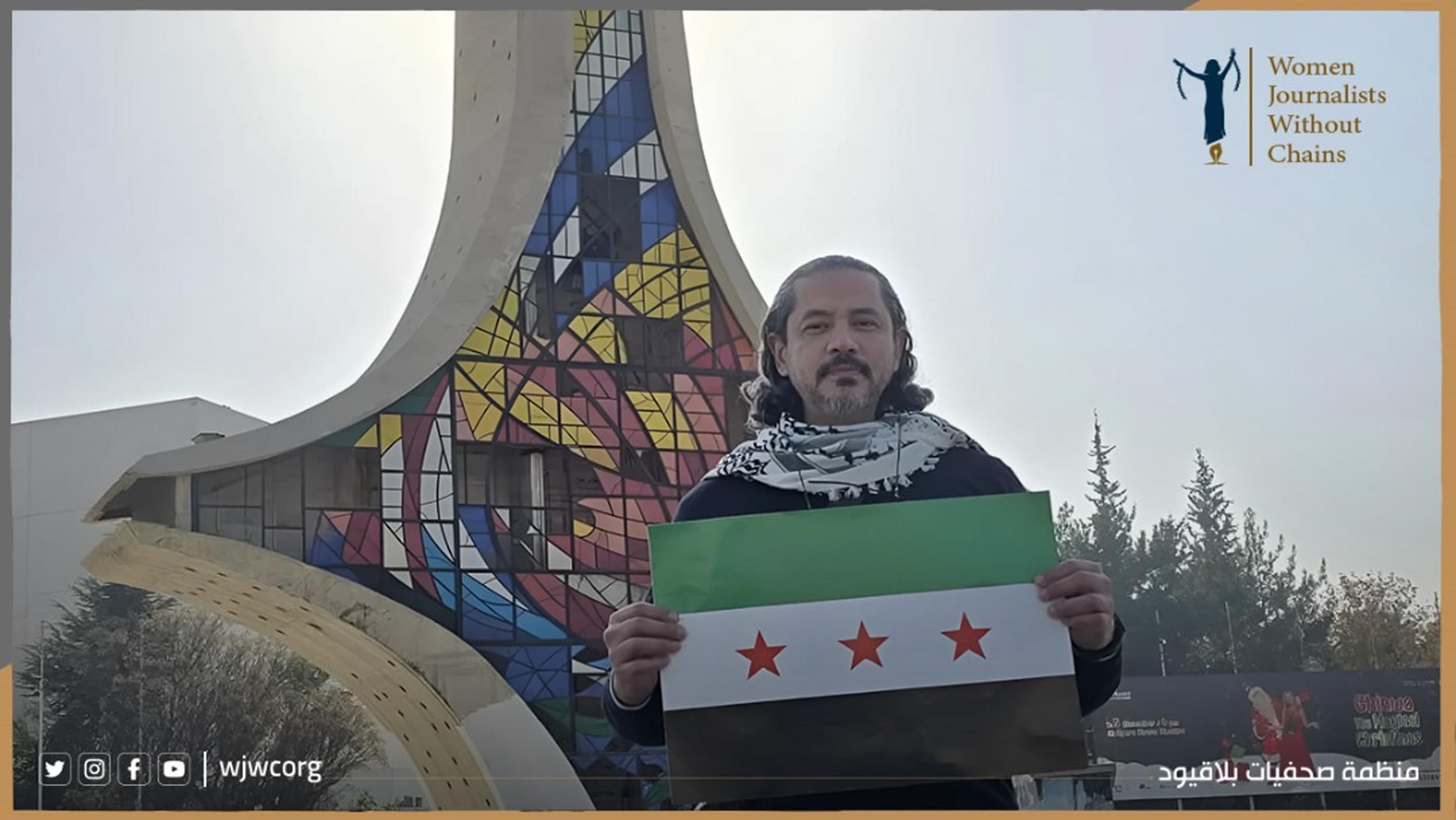Wjwc News

Lebanon Must Halt Al-Qaradawi’s Deportation
Women Journalists Without Chains (WJWC) is urgently calling for the intervention of the United Nations High Commissioner for Human Rights, Volker Türk, to prevent the deportation of Egyptian poet and writer Abdul Rahman al-Qaradawi from Lebanon.
Al-Qaradawi, the son of the late Sheikh Yusuf al-Qaradawi and a Turkish citizen, was arrested in Lebanon on December 29, 2024, upon his return from Syria. His arrest was based on an Egyptian warrant stemming from a 2017 conviction in absentia for which he received a three-year prison sentence.
While initially facing extradition to Egypt, reports now indicate that Lebanon may deport al-Qaradawi to the United Arab Emirates (UAE) instead. The UAE has issued charges against him of spreading false news and inciting public unrest through online platforms. These charges carry the potential for lengthy prison sentences, even life imprisonment, under Emirati law, which severely restricts freedom of expression.
Al-Qaradawi’s lawyer, Mohammed Sablouh, warned of the illegality of extraditing him to the UAE, particularly as Egypt was the original requester and its file has not yet arrived. Sablouh also stated that al-Qaradawi denied the charges during investigations, asserting that his activities fall within the framework of freedom of opinion, as guaranteed by both the Egyptian constitution and international law.
WJWC has expressed grave concerns over the potential extradition of al-Qaradawi to the UAE, citing the country’s documented history of human rights abuses, including torture and the long-term detention of political prisoners. The organization warned that deportation could subject him to enforced disappearance, prolonged detention under the State Security Agency law, and torture. “The State Security Agency’s laws permit forced disappearances for up to 60 days, extendable for another 30 days, during which detainees are often subjected to torture before being presented to the State Security Prosecution,” WJWC stated.
In a statement issued on January 5, al-Qaradawi’s family called his detention in Lebanon “malicious” and based on an unjust court ruling issued in Egypt in 2017. They held the Lebanese Prime Minister morally and legally responsible for ensuring al-Qaradawi’s safety and facilitating his safe return to his family in Turkey.
WJWC further argued that extraditing al-Qaradawi to Egypt or the UAE would constitute a blatant violation of Lebanon’s commitments under Article 3 of the Convention against Torture and Other Cruel, Inhuman or Degrading Treatment or Punishment, ratified by Lebanon in 2000. Article 3 explicitly prohibits the extradition of individuals to countries where they may face torture.
The organization also pointed to Lebanon’s failure to respect the principle of non-extradition for politically persecuted persons. This principle safeguards individuals from extradition if they risk persecution for their political opinions. “It is disgraceful that a state would consider violating international humanitarian law to appease other governments seeking to settle political scores with opponents,” WJWC stated. “It is equally shameful that international mechanisms fail to act decisively to protect activists from cross-border political persecution.”
Women Journalists Without Chains urgently demands that the Lebanese government immediately halt the deportation of Abdul Rahman al-Qaradawi to the UAE and instead allow him to reunite with his family in Turkey. WJWC emphasizes that such a move would align with Lebanon’s obligations under international agreements, particularly the Convention against Torture, which prohibits extradition to countries where individuals face risks of torture or inhumane treatment.
Additionally, WJWC calls on the UN High Commissioner for Human Rights and the Committee Against Torture to intervene and exert pressure on the Lebanese government to reject the extradition. The organization also urges Lebanese civil society to take action by supporting and amplifying protests that demand the government respect human rights and prevent what could become a humanitarian tragedy.
